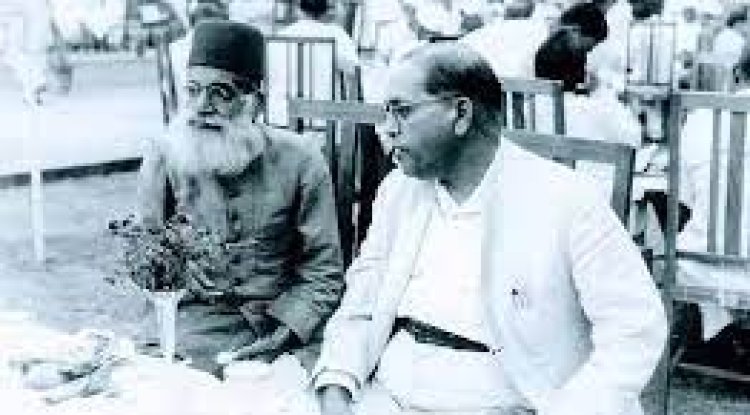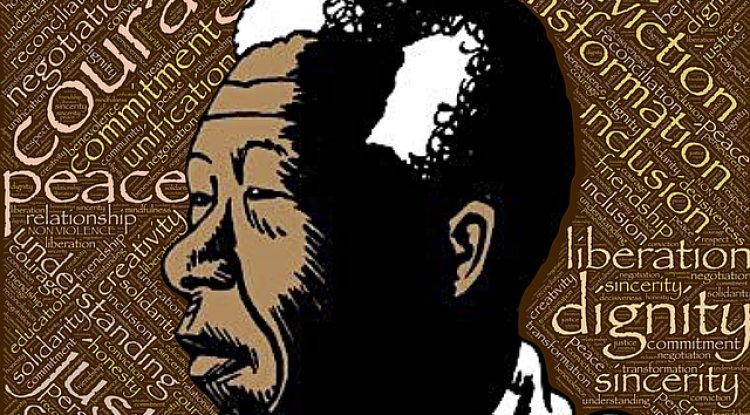|
Skills that enhance the advocacy of a young advocate outside the court are:
|
- A young advocate should be a voracious reader.
|
|
- He should be able to separate the wheat from the chaff while giving a read to a bulky file or complicated facts of a case law.
|
|
- A budding practitioner must increase not only his legal acumen, he ought to raise the level of his legal vocabulary as well.
|
|
- A habit of reading case laws extensively should be developed, and this initiative can be taken with the reading of five pages in a day of a landmark case.
|
|
- Communication skill is the main key to the success of any lawyer. The sooner a young lawyer realizes and starts working on it, the better.
|
|
- It is highly recommended not to join the chamber of such a senior advocate who is more into politics and less into litigation. At initial stage you have to fight two battles simultaneously: a) for your survival; b) for learning procedure as swiftly as possible in order to generate a source of income. Having your senior active in politics may deprive you of both the advantages. His engagements in politics will deter him from educating you on legal complexities and because he has to save money for spending in election campaign, he will hardly be able to assist you monetarily as well. As a young practitioner you may choose an advocate who has a good reputation for training budding lawyers, appreciate them and acknowledge their efforts by rewarding them at times.
|
|
- A young lawyer gets attention of his senior when he assists him in instituting a suit and figuring out the substance to substantiate the claim or whether the limitation period is remained or over.
|
|
- The essence of good lawyering is acquainting oneself with the relevant law, including case-law, on the subject at hand.
|
|
- ‘Don’t count your chickens before they hatch.’ In other words, never be too cocksure of winning cases. There are many impediments to success – one of which is the luck of the client.
|
|
Skills that require inside the court have been explicitly mentioned by Fali Sam Nariman in his autobiography “Before Memory Fades Away”as under:
|
- When you argue a case in the court, be clear and precise, not confused. When a judge wants to know something you must tell him now – not later. the best way of conducting an argument in court was to give ready and precise answers to the judge, ‘Give your answer first and present your own point afterwards’.
|
|
- Make your submissions when it is required. A much-speaking lawyer is worse. He is like a cracked drum – unpleasant to listen to by the judge whose painful duty it is to hear him!
|
|
- As a lawyer, it is your duty to bring to the attention of the court a case already decided on the point being argued. You may then distinguish your case from the decided case but you must cite it. Never cite an overruled case.
|
|
- Leave your anger – to lose your temper at a judge is losing half the battle in court. Don’t quarrel with your opponents or be nasty to them because if you have chosen the law as your profession, the major part of your life will be spent with colleagues at the Bar. You must rub shoulders with them, and a sense of camaraderie at the Bar is essential for preservation of your continued sanity. Your compatriots will always speak well about you if you have not been mean or uncharitable to them – in word or in action. Remember: Dog don’t eat Dog.
|
|
- ‘I have never heard of such a thing’, are words to be scrupulously avoided in a court of law, especially when responding to what the judge has just said in the court. Never indulge in pleasantries in court till you have established your reputation as a sound lawyer, It does not help to win cases; it could even contribute to losing your case.
|
|
- A budding lawyer can imbibe the difficult art of how to argue, and (more importantly) how not to argue a case – merely by intelligently watching others perform!
|
|
- Don’t be rebellious, stand up in respect like rest of the advocates; judges are human, and some judges are more easily peeved than others!
|
|
- Learn to lose with dignity. Please remember only one side in the case can win. The other side must lose. You must also be conscious of the fact that in an adversarial system, the judge is often compelled to disclose his mind at an early stage of the hearing. Many judges will say something in court against your contention. Don’t assume the judge is against you without having fully heard you. He often poses questions (seemingly against your client’s case) only in order to get the best out of you, not because he has been taken in by the case of the other side! The entire edifice of the legal system exists – and can survive – only on the basis of mutual good faith between the bench and the Bar.
|












